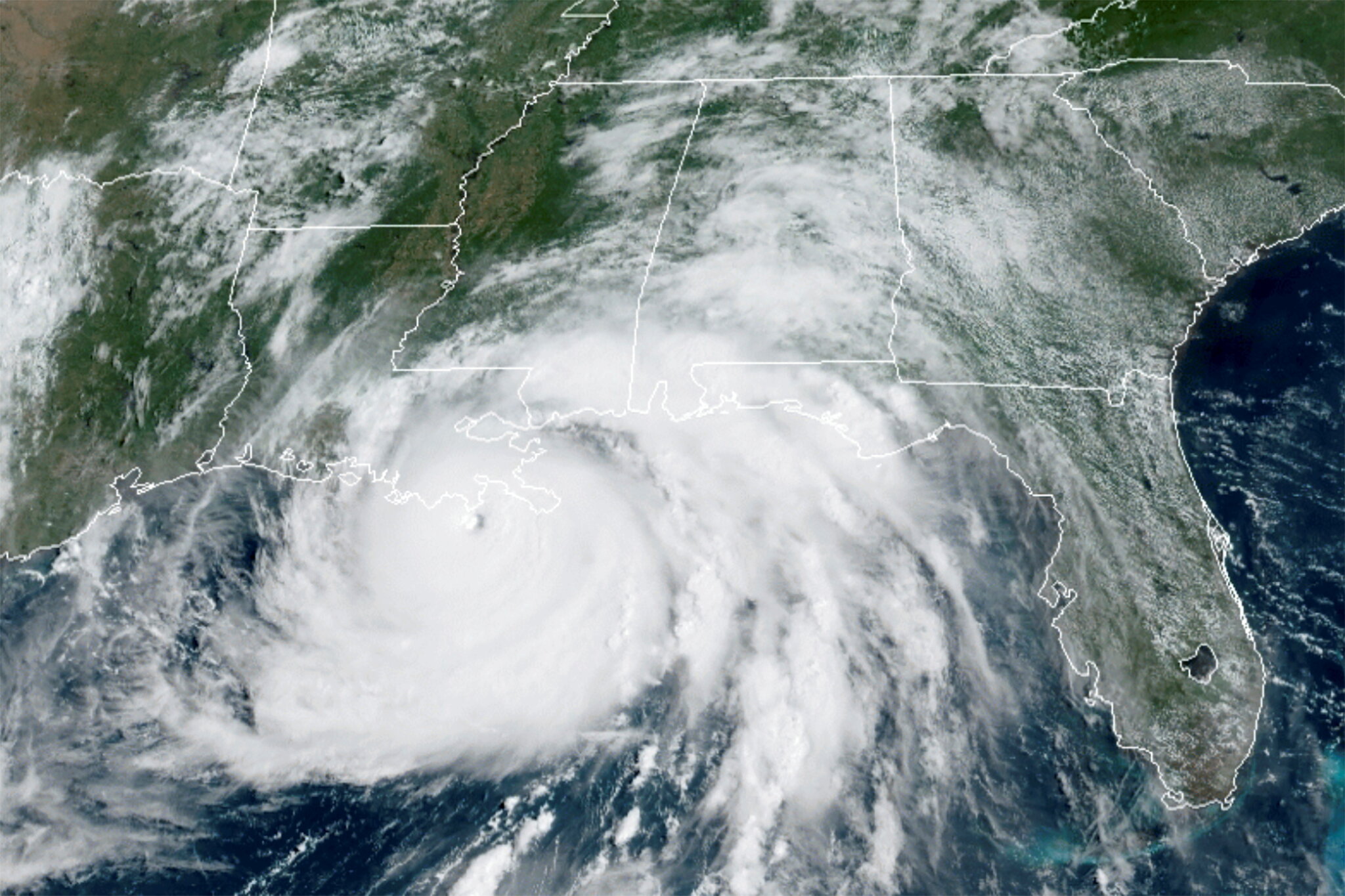How to support our downstream neighbors after the hurricane
As our downstream neighbors and communities across the Atlantic coast continue to recover from yet another deadly and devastating hurricane, many of us are wondering "How can we help?"
Our partners along the river have outlined a few ways you can support immediate relief efforts near the Gulf, volunteer online and take action to create a more resilient Mississippi River and riverfront and delta communities long-term.
Support relief efforts
If you’re able to contribute financially, this Hurricane Ida relief list from our friends at Healthy Gulf spells out specific needs from frontline communities and on-the-ground organizations.
Volunteer online
If you have five minutes to an hour to volunteer virtually, Healthy Gulf could use your help assessing the hurricane’s impacts on oil, gas and other industrial facilities. Many are located along the Mississippi River in predominantly low-income Black, Brown and Indigenous communities that have borne their pollution for far too long.
After a brief online tutorial, you can analyze aerial photos to identify flooded industrial facilities, potential gas flares and more to support impacted communities and create accountability.
Advocate today for long-term resiliency
If you have two minutes, you can foster a healthier river and reduce flood and storm vulnerability in the coming years by urging your congressperson to support the Mississippi River Restoration and Resiliency Initiative (MRRRI) Act.
Complex challenges require teamwork. Yet there's no overarching framework or program to protect our Mississippi River. Without one, it will be even more challenging to increase the resiliency of our river and riverfront communities as we face climate change together.
If approved, the MRRRI Act would instruct EPA to work with other federal agencies as well as state, local and tribal governments, researchers and nonprofit institutions to coordinate critical restoration and resilience work. This non-regulatory effort would provide an anticipated $300-$350 million annually in federal funds to carry out related projects.
It will be in large part up to us — the public — to determine which specific projects MRRRI will fund. The EPA will be directed to create an Action Plan with public input and guidance from a diverse forum of researchers and scientists.
The bill outlines broad project categories. Agencies and organizations could be funded for projects that reduce runoff pollution and support clean water, restore and create wildlife habitat, reduce invasive species and promote delta health and natural infrastructure. MRRRI funds would also be used to address the disproportionate impacts of ecological degradation.
MRRRI aims to strengthen community resilience to climate change and reduce flood risk by restoring floodplains, riverine wetlands, delta and coastal wetlands, and backwaters. Through MRRRI, we can also improve the river corridor’s ability to absorb pollution from excess rains and slow the flow of water by supporting farming and other practices that improve upstream soil health and water storage.
If you haven't already, please consider emailing or calling your congressperson via our friends at the Mississippi River Network to co-sponsor the MRRRI Act (H.R. 4202).
Join the River Guardians
Sign up to be a River Guardian, and we'll let you know when important river issues arise and help you quickly and easily share your values with key decision-makers.
